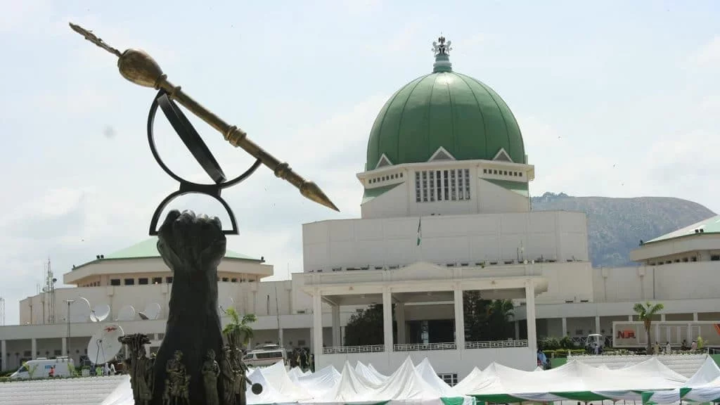Since the return to civilian rule in 1999 after years of military dictatorship, Nigeria has grappled with the question of the most suitable form of democratic governance.
The debate between proponents of the American-style presidential system and advocates for a return to the British-modeled parliamentary system has persisted, with each side presenting compelling arguments.
Supporters of a return to the parliamentary system argue that it would eliminate wastage in governance and enhance accountability.

They contend that a unicameral legislature, as opposed to Nigeria’s current bicameral system, would be less expensive and more efficient.
In contrast, proponents of the presidential system argue that it ensures checks and balances among the executive, legislative, and judicial arms of government, preventing any one branch from wielding arbitrary power.
They emphasize the need for each arm of government to act as a watchdog to check the excesses of the others.
The House of Representatives recently reignited the debate by introducing a bill to transition Nigeria from a presidential to a parliamentary system of government.
The bill, co-sponsored by about 60 lawmakers from various parties, aims to initiate a national conversation on the transition and potentially implement the new system by 2031.
Advocates for the parliamentary system believe that it would lead to a smaller, more accountable government.
They argue that electing officials from within the parliament would reduce the cost of state and nationwide campaigns and promote unity in the diverse country.
However, not everyone is convinced of the need to switch systems. Some argue that the current presidential system, if properly modified and restructured, could serve Nigeria effectively.
They believe that restructuring, rather than a complete system overhaul, is the key to addressing the country’s governance challenges.
As the debate continues, Nigerians are encouraged to engage in informed discussions, consultations, and decision-making processes to determine the future of the country’s governance system.
Whether Nigeria will ultimately return to a parliamentary system or stick with its presidential model remains a question for the people to decide.
Support InfoStride News' Credible Journalism: Only credible journalism can guarantee a fair, accountable and transparent society, including democracy and government. It involves a lot of efforts and money. We need your support. Click here to Donate
